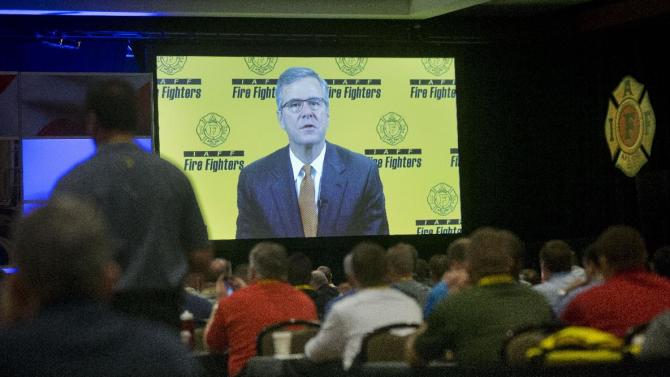In Ohio, Brown Rallies Workers Against Fast Track
While many of his congressional colleagues have been taking it easy during this two-week Easter–Passover recess, Sen. Sherrod Brown (D-Ohio) has been carrying on his longtime fight against Fast Track trade authority and unfair trade deals that cost American jobs.
In Cleveland, during a tour of a Ford plant, Brown said:
Manufacturing jobs are a ticket to the middle class. But we must ensure our auto industry and our workers can compete in the global economy. That means saying no to trade agreements that don’t protect American workers and American companies from unfair trade practices. We can’t fast track the Trans-Pacific Partnership if it means fast-tracking the loss of American jobs.
He has joined the Ohio AFL-CIO in hosting trade forums around the state, including Warren, Toledo, Nashport and Dayton and Tuesday in Zanesville at Electrical Workers ( IBEW) Local 1105. There Brown told union members:






